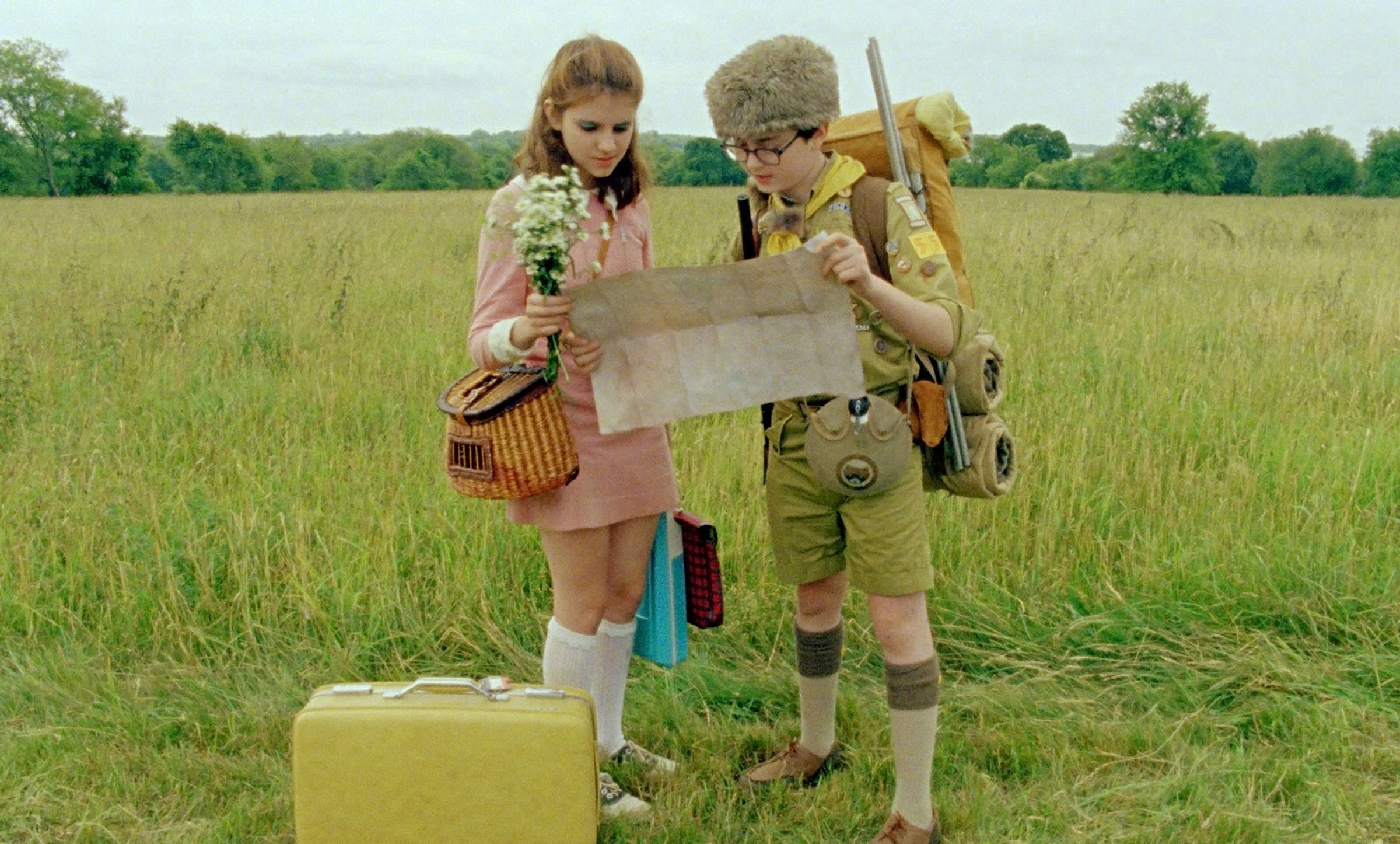Though Obama’s and Romney’s campaigns for the presidential bid are finally over, Hollywood’s award season is about to go into full force.
Billboards in Los Angeles will be filled with For Your Consideration ads, hoping to convince an Academy member casually driving to the gym that “Skyfall” was really the best picture of the year ““ just look at how intense Daniel Craig’s baby blues are!
November is the month when serious award hopefuls begin making themselves known. Variety magazine, for instance, released on Saturday a list of 30 films it considered to be the top contenders for the major categories at the Academy Awards.
What truly caught my attention on the list was not the movies themselves, but how vastly different they were. Quirky independents like “Moonrise Kingdom” and “The Perks of Being a Wallflower” were sitting side-by-side with studio juggernauts like “Les Miserables” and “The Dark Knight Rises.” The themes of the movies couldn’t be more different than their budgets.
And that’s the real question: How do you judge a superhero movie with a Broadway musical? Or another Bond film with a Peter Jackson fantasy? And hey, let’s throw Ben Affleck and his dark comedic thriller into the mix!
The complexity of genre is an interesting one, coinciding with the very issue of naming a “best picture” itself.
The Academy Awards is the only major award show that doesn’t split a category by genre, as seen, for instance, in the various “Best Pop/R&B/Hip-Hop/Whatever” categories at the Grammys, or the Golden Globes division between dramatic and comedic films.
The reasoning is understandable. When an award show splits the category, it lessens the honor’s impact. Can you imagine seeing a commercial for “The King’s Speech” announcing it as “2011’s Oscar Winner for Best Lighthearted Picture”? And then one for “The Social Network” airing right after with “2011’s Best Drama Kind-of Based on a Real Story.”
Because the thing is, nowadays movies, like music, defy genre.
And the sad fact of the matter is, there are way more great dramas being made today than great comedies.
Just last year the Golden Globes caught major flack for giving “Burlesque” a nomination, a movie that then went on to top the nominations for the Razzies.
But the real losers of the genre division are the franchises. If there is anything the Academy likes to turn their noses up at, it’s the superhero movies and fantasy trilogies whose sequels and trilogies never seem to end (with the obvious exception being 2004 category sweeper “The Lord of the Rings: The Return of the King”).
And it’s gotten the Oscars into trouble before, such as with the major uproar when “The Dark Knight” somehow became one of the biggest box office hits of all time and yet couldn’t garner a best picture nomination in 2009.
Christopher Nolan’s films have often been the exception, not the norm, when it comes to quality franchises.
Even I, part of the generation who stayed up reading Harry Potter books on the first night of their release, am not so clouded by nostalgia to say that any of the series’s films deserved major accolades.
But with the new Bond film “Skyfall,” which in 50 years as a franchise has never been nominated for anything other than visual effects and song categories, making a major splash with critics and a corresponding big campaign push, the argument is sure to restart again.
It’s not that the Academy hasn’t tried to make changes. Expanding the best picture race to include up to 10 movies has definitely given more genres a chance in the spotlight, some more deserving than others (yes, “War Horse” and “The Blind Side,” I’m talking about you).
But the real issue is one that has been with the Academy since its inception.
With new movies every year, so completely different from each other, can we possibly judge one to be better than the other? How, for example, did people decide between Quentin Tarantino’s uber-violent “Pulp Fiction” (which lost) and Robert Zemeckis’ heartwarming and tear-jerking “Forrest Gump”? Or Steven Spielberg’s epic war drama “Saving Private Ryan” (another loser) against John Madden’s romantic comedy “Shakespeare in Love”?
The effect, I think, is a reason why inspirational and lighthearted films always seem to do so well.
We can’t all agree on the merits of superhero movies, musicals or political thrillers. But at the end of the day, we all like feeling a little lighter walking out of the theater.
What’s your favorite genre of film? Tell Konstantinides, who thinks 1990s romantic comedies are a genre all their own, at akonstantinides@media.ucla.edu.
